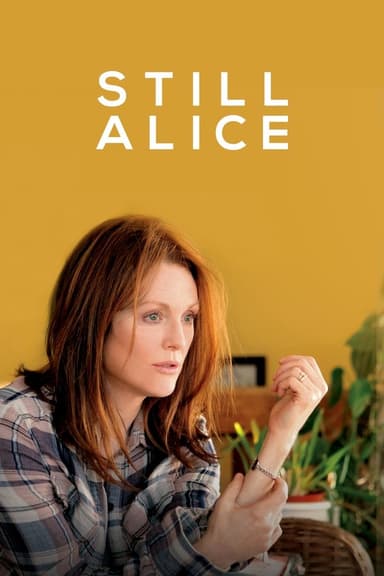
Oslo, August 31st
2011 • Drama • NR
A recovering drug addict is granted a day’s leave from rehab and returns to Oslo, where he reconnects with friends, faces the weight of his past, and struggles with uncertainty about his future. Over the course of one day, he drifts through encounters that reflect his longing for connection and his deep sense of alienation.
Runtime: 1h 30m
Why you should read the novel
Pierre Drieu La Rochelle's Will O' the Wisp offers a deeply personal and unfiltered view into the mind of a struggling soul in crisis. The novel's introspection and psychological depth allow readers to become intimately acquainted with the protagonist's inner world, fostering empathy through the nuanced narration. Where films are constrained by visual and temporal boundaries, the novel liberates readers to reflect and inhabit the character’s thoughts at their own pace, creating a profoundly immersive and contemplative experience.
Reading the source novel enables a richer understanding of the cultural and historical backdrops that inform the protagonist's despair. The book, set in 1930s France, is steeped in the social conventions, moral dilemmas, and existential questions that shaped its era—perspectives the film, by updating the setting to contemporary Oslo, inevitably transforms or obscures. This historical dimension not only situates the character's crisis in a broader context but also invites readers to consider how such crises are universal yet distinct in each age.
The language and literary style of Drieu La Rochelle further distinguish the source novel from its adaptation. His eloquent prose weaves a tapestry of emotion that transcends the immediacy of cinema, allowing subtler shades of ambiguity and contradiction. By reading the novel, you experience the unfiltered artistry of its original author, making it an essential complement or even a preferable alternative to the film experience.
Adaptation differences
One of the most significant differences between Oslo, August 31st and its source novel, Will O’ the Wisp, lies in their respective settings and eras. The novel unfolds in 1930s Paris, a city marked by its unique blend of post-war existential turmoil, social mores, and pre-World War II anxieties. The film, however, transplants the narrative to present-day Oslo, updating the context, technologies, and societal attitudes that shape the protagonist’s interactions and outlook. This shift profoundly changes not only the ambiance but also the implications of the character's struggles.
Another major distinction is how each medium explores the interiority of the main character. In the novel, Drieu La Rochelle employs a stream-of-consciousness style, delving deeply into the protagonist’s thoughts, memories, and psychological conflicts. The film adaptation relies on visual cues, dialogue, and subtle performances to suggest interior turmoil, inevitably externalizing what is intricately internal in the source text. As a result, the viewer’s understanding of the character’s psychological state is filtered through action and cinematic language rather than direct narration.
Narrative structure provides a further point of divergence. The book spans two days in the life of Alain, focusing on his attempts to reconnect with friends and make sense of his world before facing his ultimate choice. The film follows Anders over a single, meticulously rendered day, employing more concise storytelling and a condensed timeline. This adaptation choice affects pacing, character development, and the cumulative weight of the protagonist's interactions.
Finally, the novel’s philosophical tone and themes are closely tied to Drieu La Rochelle’s own historical context and personal beliefs, reflecting distinct views on addiction, alienation, and existential despair. While the film remains faithful to the central theme of a young man grappling with meaninglessness and isolation, it reframes these issues to resonate with contemporary Norwegian society and current attitudes toward addiction and recovery. The film’s subtle shifts in emphasis and cultural detail highlight how adaptation is not mere translation, but reinvention.
Oslo, August 31st inspired from
Will O' the Wisp (Le Feu Follet)
by Pierre Drieu La Rochelle










